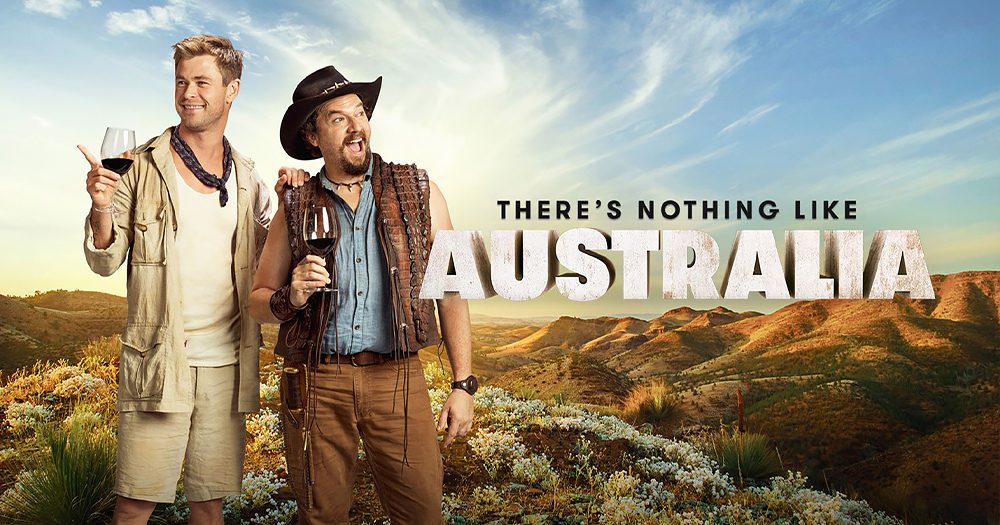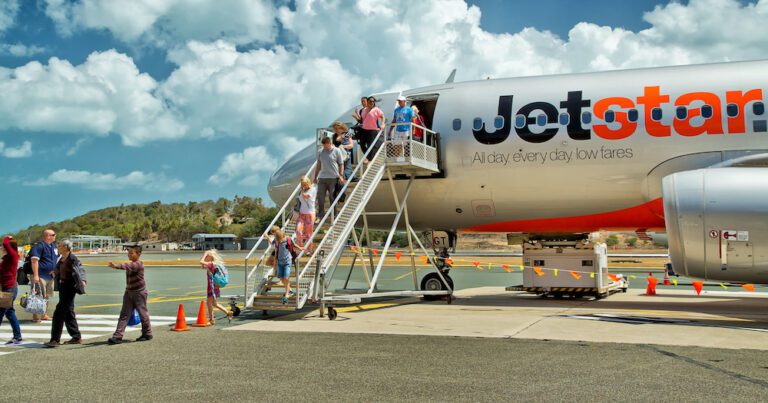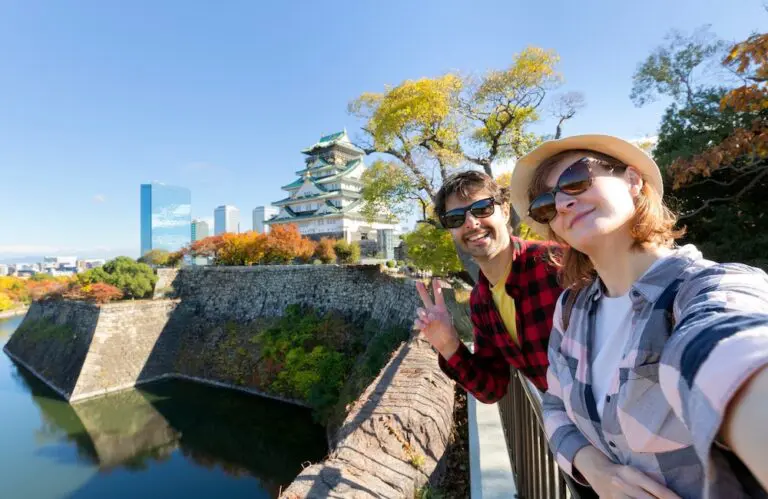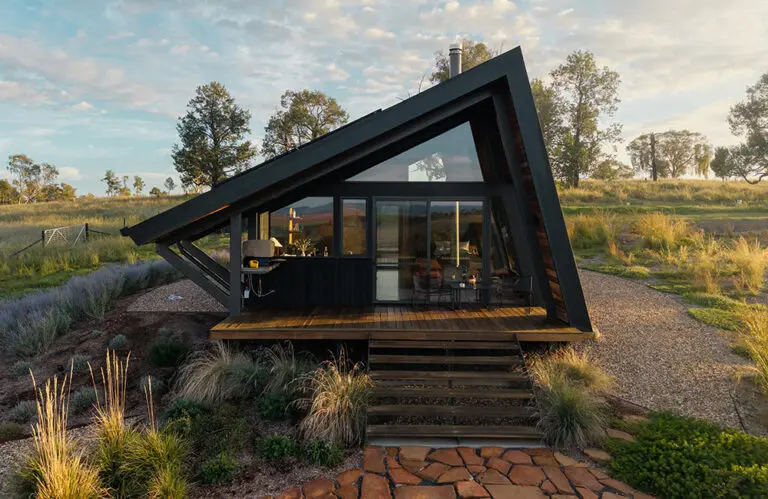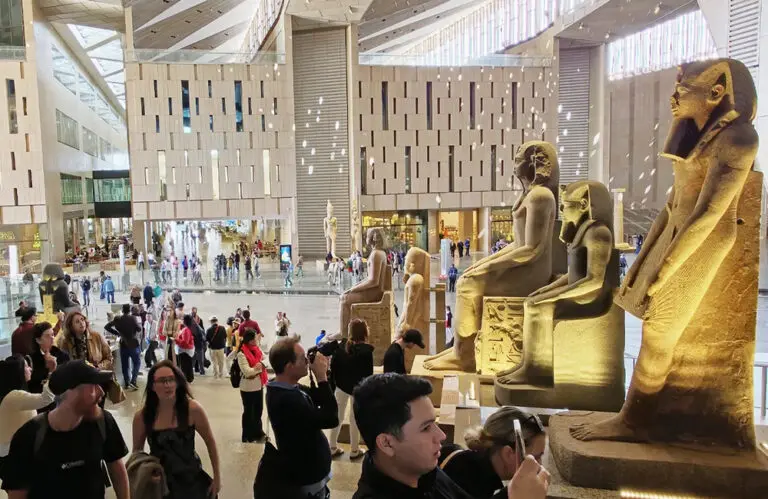In what was a milestone moment of celebration and relief, PM Scott Morrison announced late on Monday that the nation will reopen its international borders to all vaccinated travellers in just two weeks, ending two years of misery for the travel and tourism sector.
The reopening, which takes effect on 21 February, will represent the first time since March 2020 that tourists can travel to Australia from anywhere in the world as long as they are vaccinated.
“If you’re double-vaccinated, we look forward to welcoming you back to Australia,” Prime Minister Scott Morrison said at a media briefing in Canberra.
The tourism industry, which has relied on the domestic market that has itself been heavily impacted by movement restrictions, welcomed the decision which comes three months before Morrison is due to face an election.
“Over the two years since the borders have been closed the industry has been on its knees,” said Australian Tourism Export Council Managing Director Peter Shelley by phone.
“Now we can turn our collective efforts towards rebuilding an industry that is in disrepair,” he added.
Australian Federation of Travel Agents (AFTA) CEO Dean Long said, “The re-opening of our international border to all fully vaccinated travellers from 21 February after more than 700 days is a massive step forward towards travel returning to normal.”
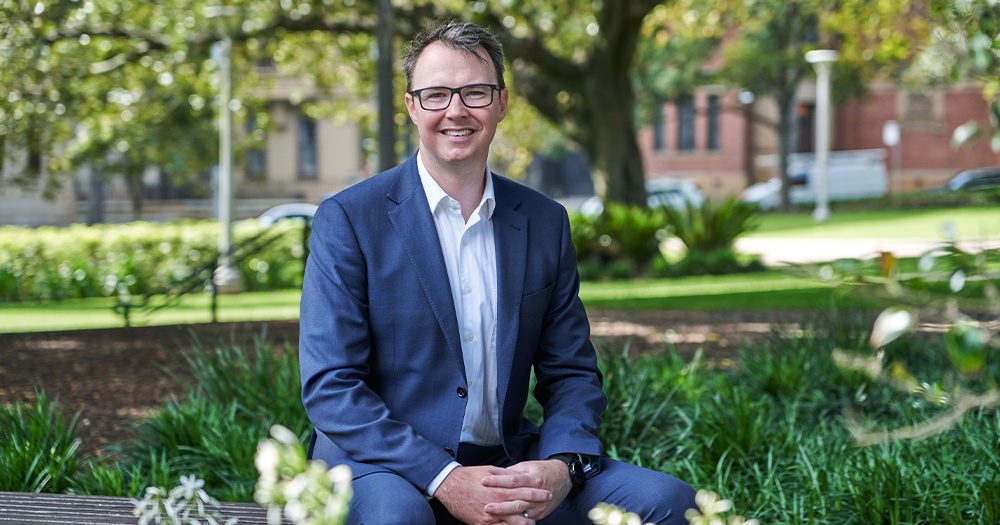
“We are very grateful that the Federal Government has made the announcement to lift the ban and open our international borders. These next two quarters will be the toughest for Australia’s Travel Sector yet and we will only start seeing revenue benefit flow after international travel normalises,” he said.
Tourism and Transport Forum CEO Margy Osmond echoed the sentiment, saying the industry was “thrilled” by the reopening, but would need coordination to ensure Australia was competitive as a destination.
“It’s not as simple as just turning on the tap and we see numbers of international tourists back where they were pre-COVID,” she told reporters.
Tourism Australia Managing Director Phillipa Harrison appeared at a panel discussion at the Sydney Summitt 22 on Monday among a number of other experts, called Pathways back to a global destination.
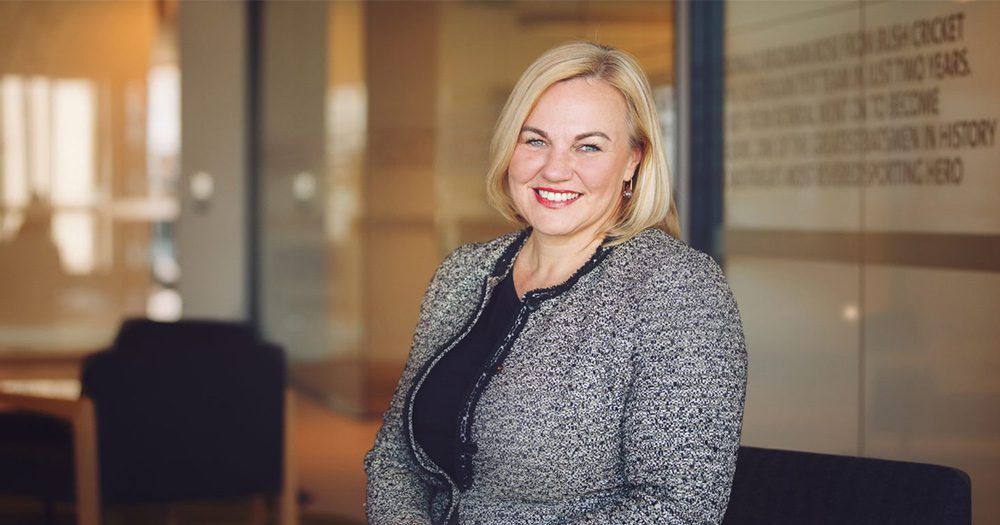
She warned Australia is “in very real danger of losing our market share if we don’t get this right,”
“We need to recognise that in this moment there are bigger competitors, there is so much competition for the global wallet right now,” Ms Harrison said.
International and domestic tourism losses since the start of the pandemic totalled A$101.7 billion ($72 billion), according to government body Tourism Research Australia. International travel spending in Australia plunged from A$44.6 billion in the 2018-19 financial year to A$1.3 billion in 2020-21, TRA said.
Shares of tourism-related stocks soared as investors cheered the prospect of a return to profit growth. Shares of the country’s main airline Qantas Airways Ltd jumped 5 per cent while shares of travel agent Flight Centre Travel Group Ltd surged 8 per cent.
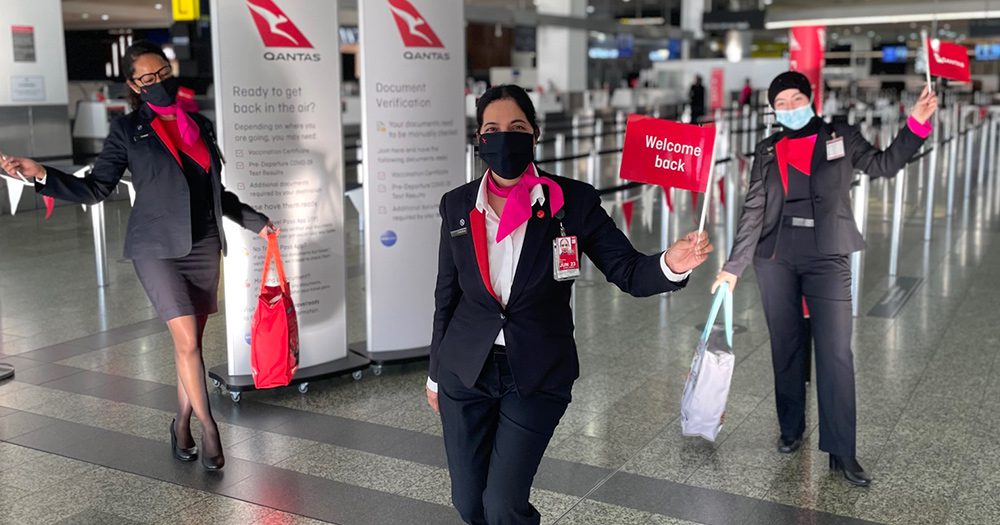
Qantas CEO Alan Joyce said in a statement the company was looking at flight schedules to determine ways to restart flights from more international locations soon.
As elsewhere in the world, Australian COVID cases have soared in recent weeks due to the Omicron variant which medical experts say may be more transmissible but less virulent than previous strains.
But with more than nine in 10 Australians aged over 16 fully vaccinated, new cases and hospitalisations appear to have slowed, the authorities say.
The nation reported just over 23,000 new infections on Monday, its lowest for 2022 and far from a peak of 150,000 around a month ago.
Around 2.4 million cases have been recorded in Australia since the first Omicron case was detected in Australia in November. Until then, Australia had counted only around 200,000 cases. Total deaths stand at 4,248 since the pandemic began.
Today heralds a new era for the travel and tourism industry in Australia and one that has never been more welcome.

